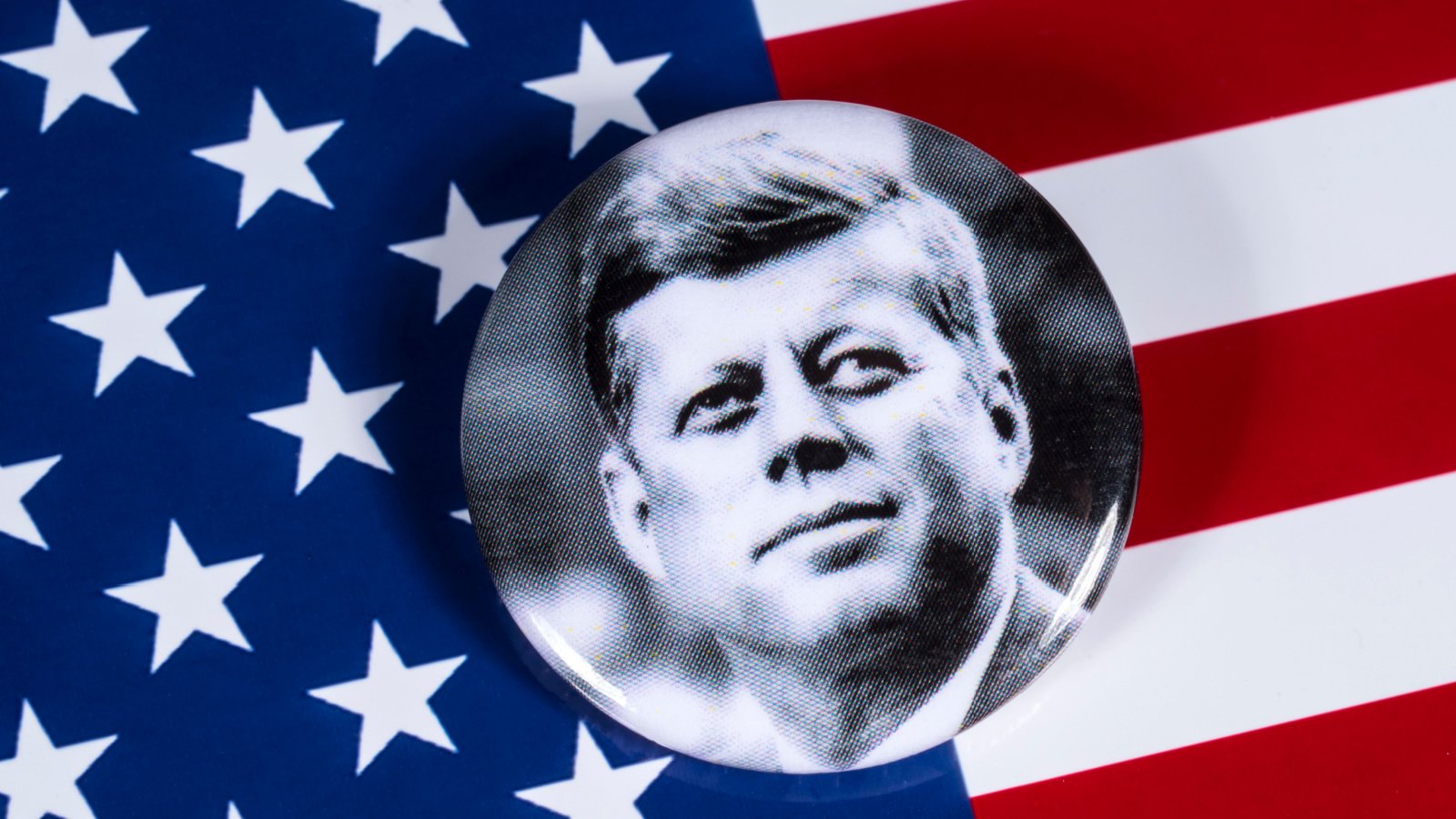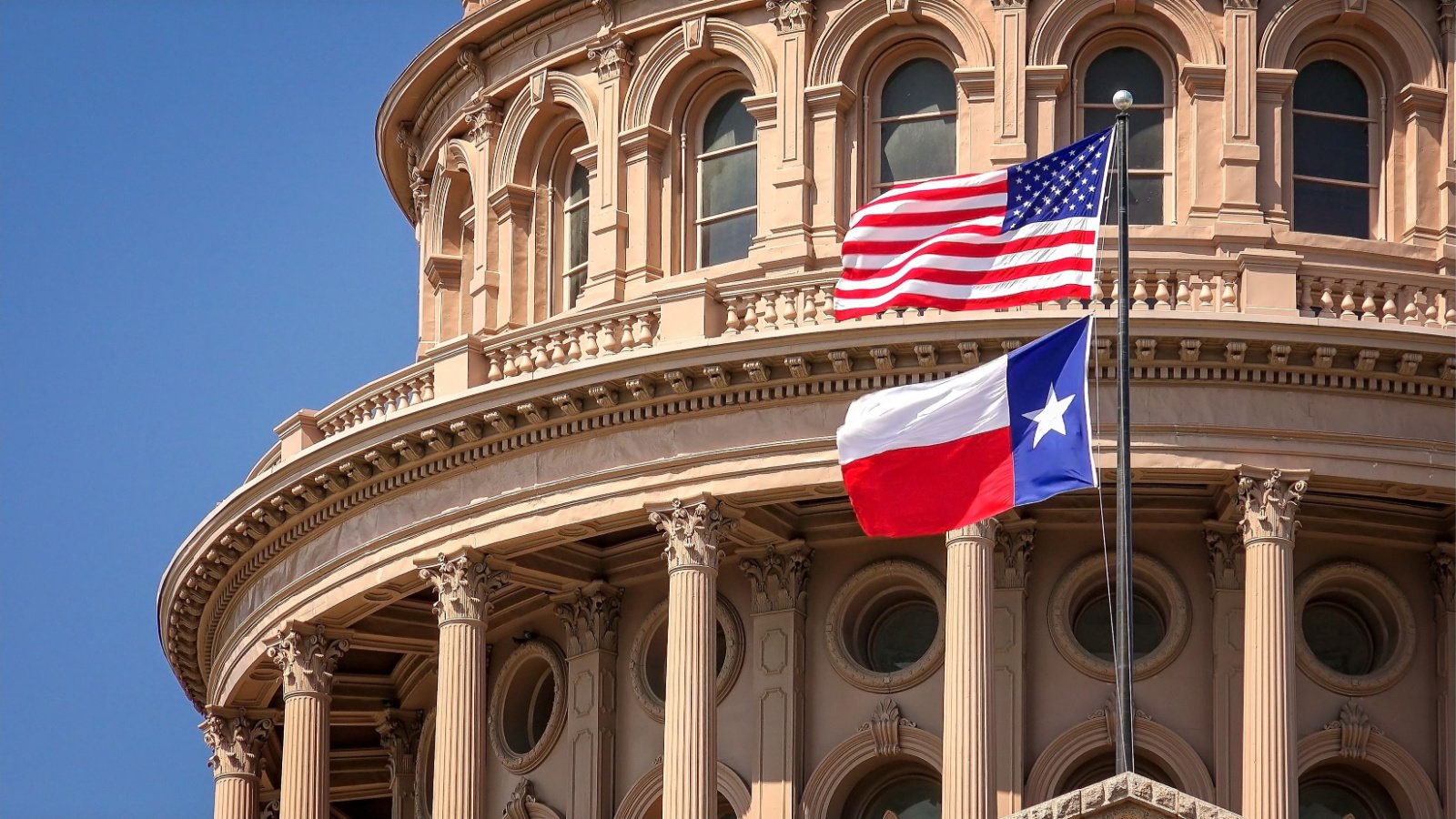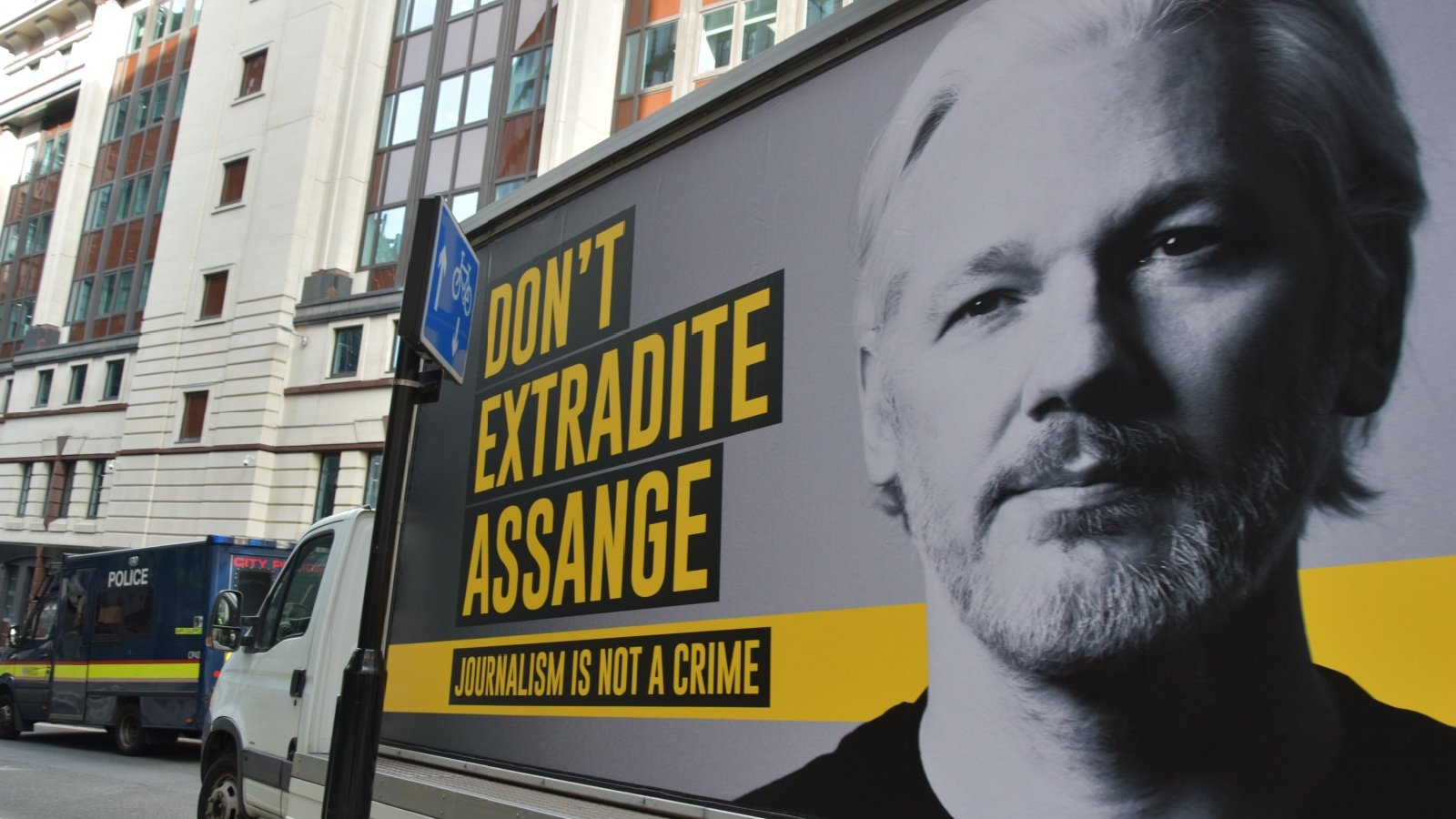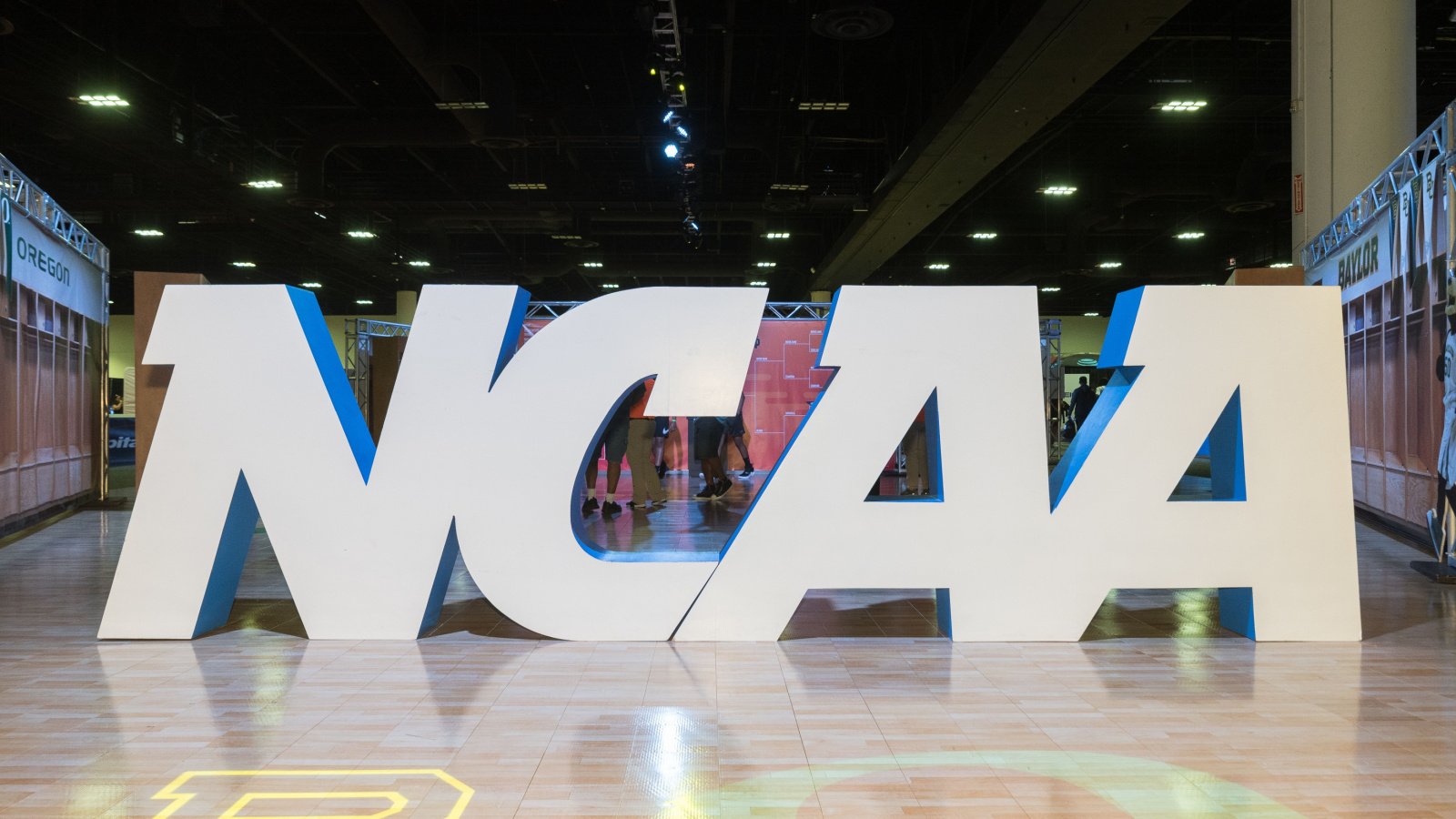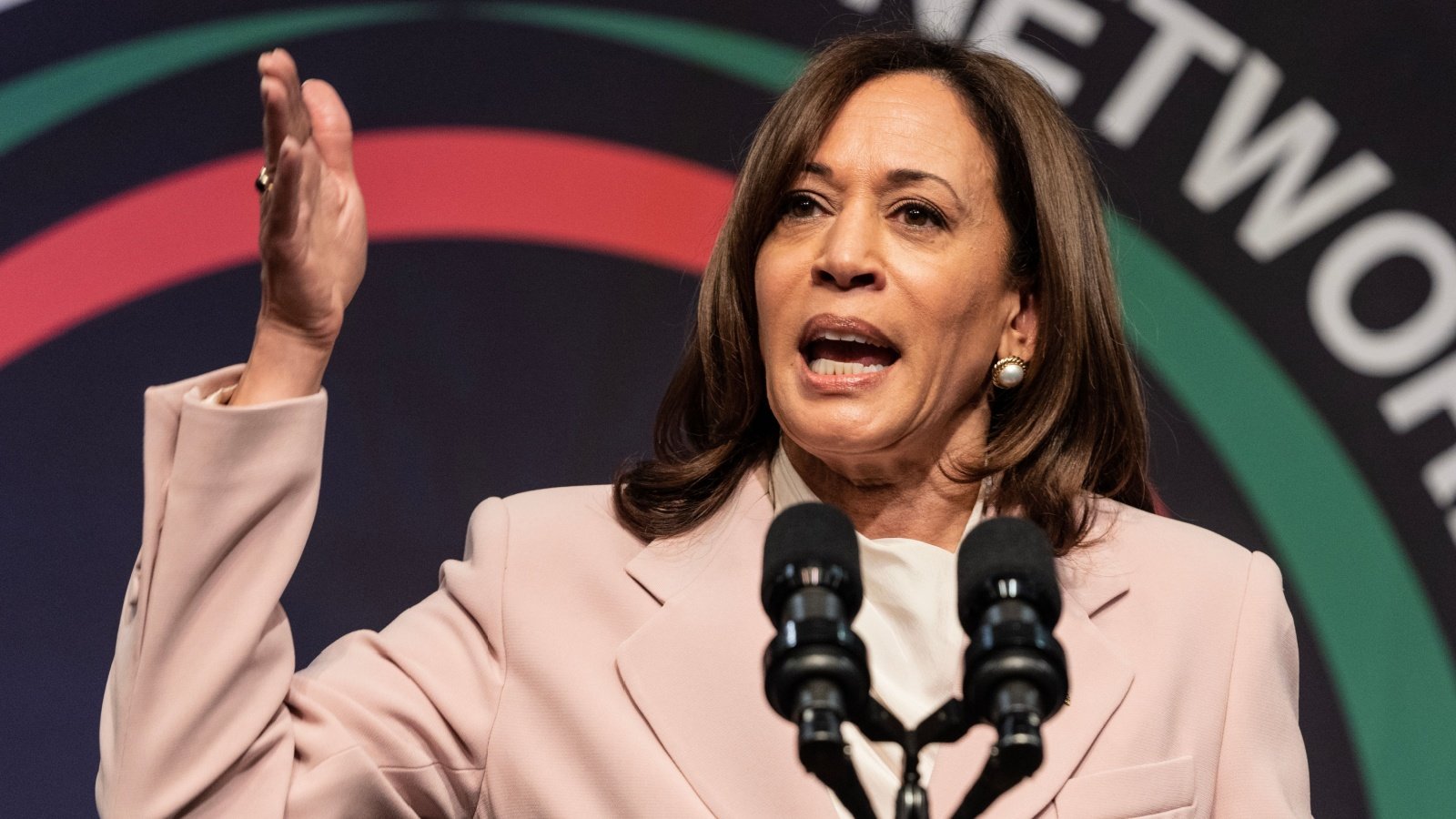The dreams of Martin Luther King Jr. and Churchill’s unwavering defiance echo through the ages, stirring the souls of listeners with their timeless call to action. Examine infamous speeches that resonate throughout history.
I Have a Dream by Martin Luther King Jr.
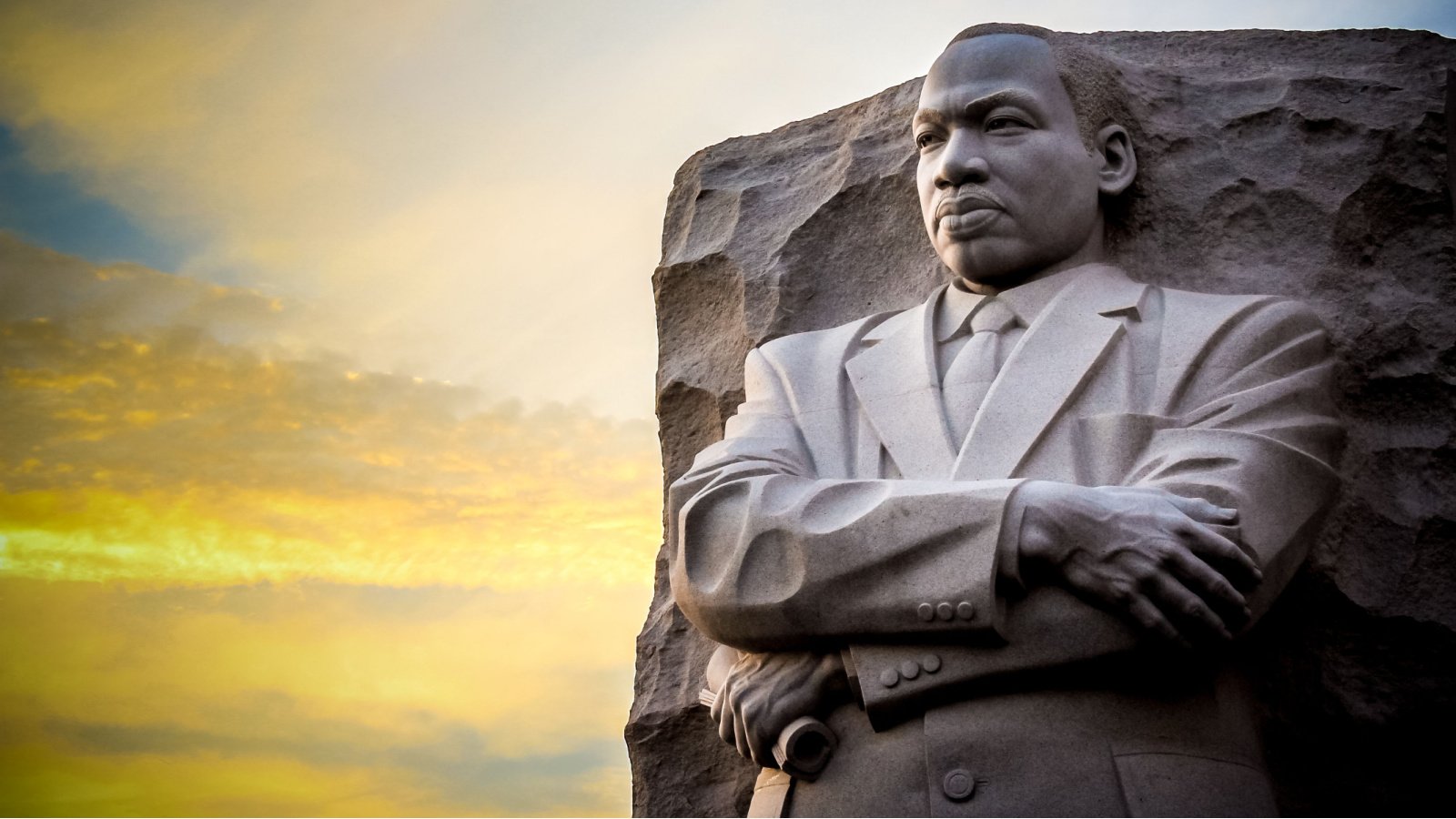
In the sweltering heat of Washington D.C., Martin Luther King Jr. painted a picture of an America free from racial segregation and discrimination. His words, “I have a dream,” echoed through the Lincoln Memorial, reaching the hearts of over 250,000 attendees. This speech galvanized the Civil Rights Movement. King’s eloquent vision of children of all races joining hands continues to inspire generations.
Blood, Toil, Tears, and Sweat by Winston Churchill
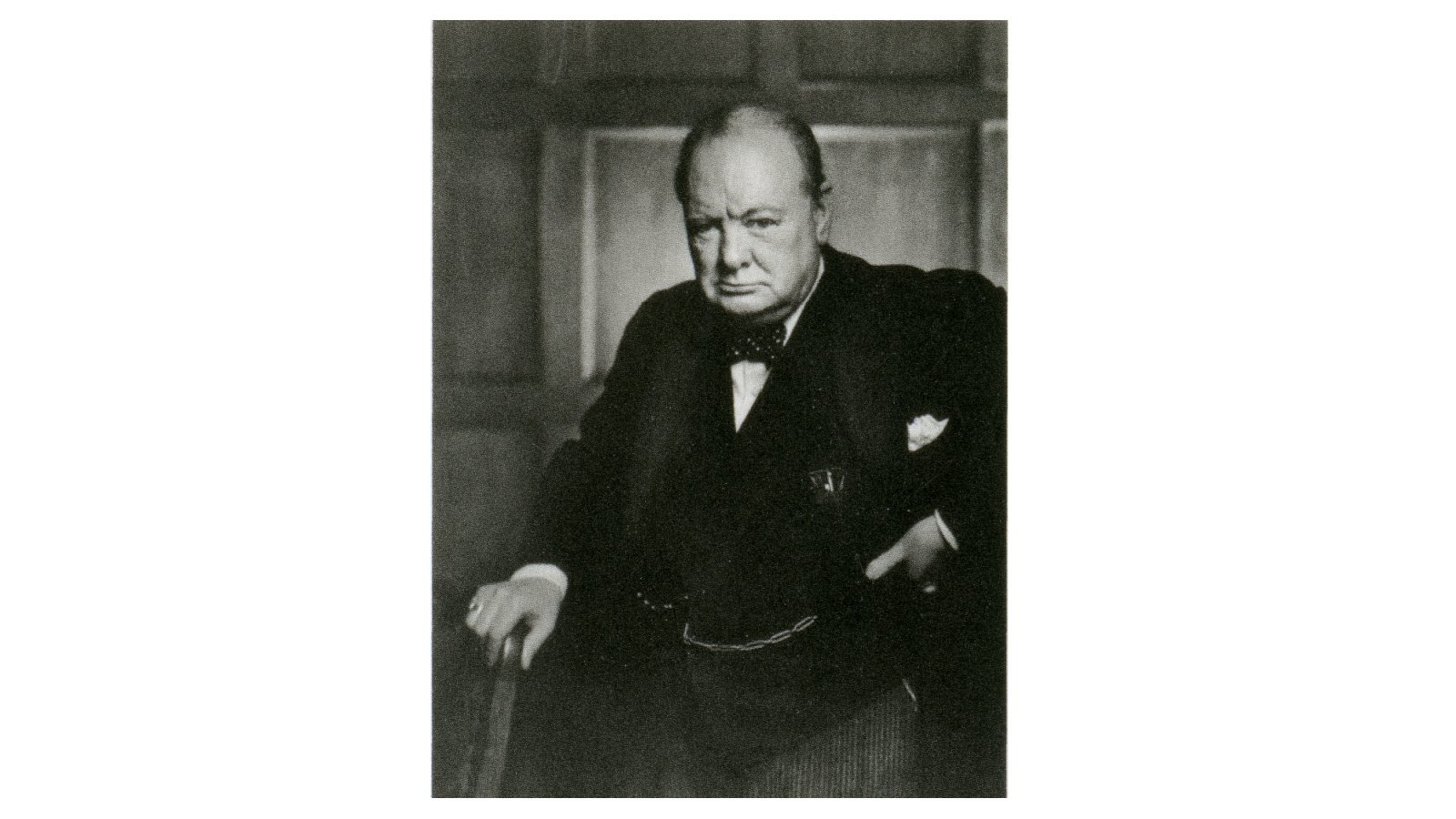
Amidst the darkest hours of World War II, Winston Churchill delivered a speech that would rally the British spirit like no other. Declaring his policy to be “to wage war, by sea, land, and air,” he prepared his people for the harrowing times ahead. His promise of “blood, toil, tears, and sweat” became the battle cry of a nation fighting for survival. Churchill’s unwavering resolve and powerful oratory skills made this speech an unforgettable piece of history.
Ask Not What Your Country Can Do For You by John F. Kennedy
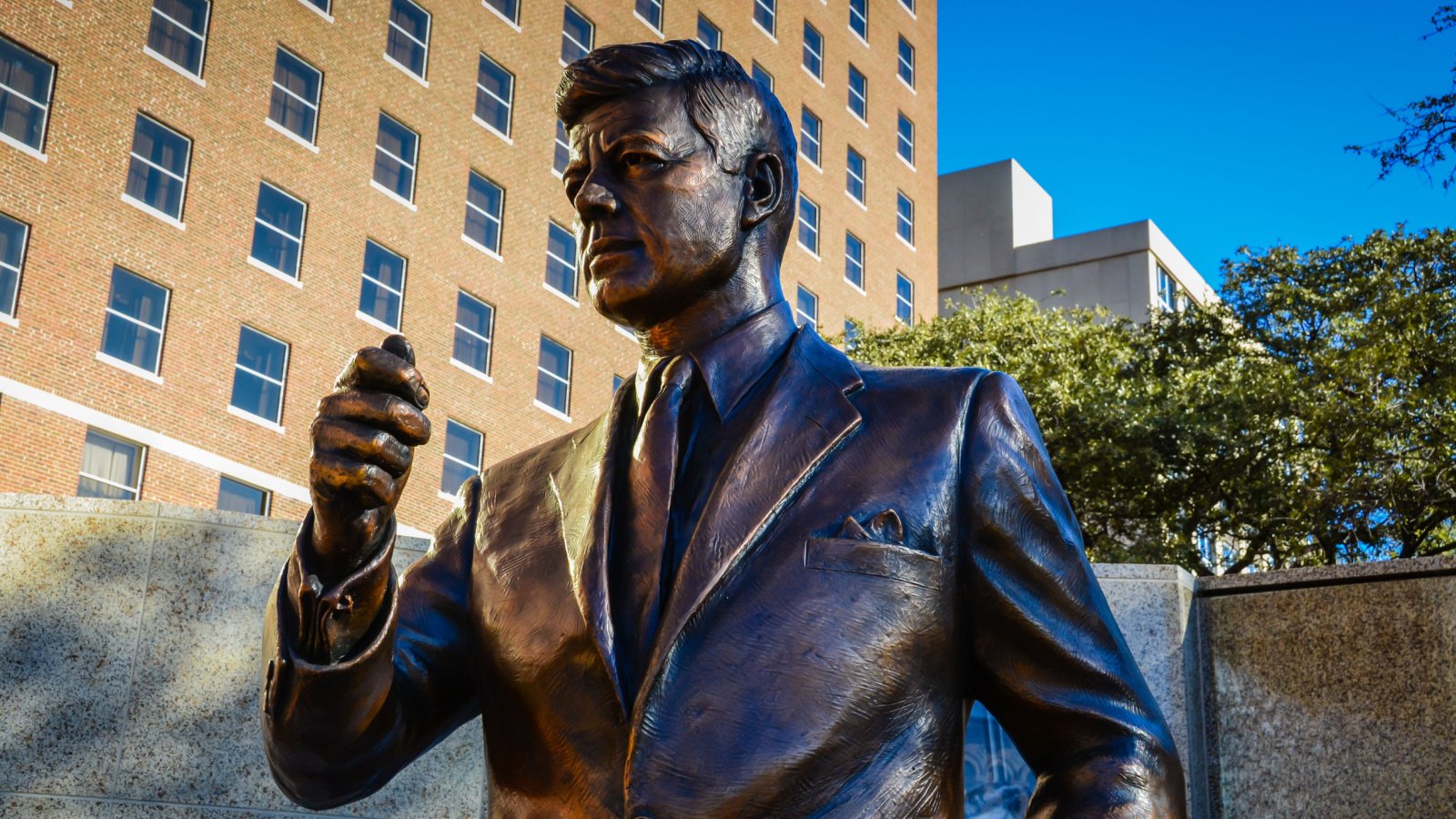
In his inaugural address, John F. Kennedy urged Americans to contribute to their country’s success, igniting a sense of responsibility and patriotism. His iconic line, “Ask not what your country can do for you—ask what you can do for your country,” resonated deeply with citizens and international audiences alike. Kennedy’s youthful energy and visionary outlook promised a new frontier for America.
The Iron Curtain by Winston Churchill

Churchill again captured the world’s attention when he spoke of an “iron curtain” descending across Europe. This phrase perfectly encapsulated the beginning of the Cold War, marking the division between the Western powers and the Soviet Union. His foresight and clarity in articulating the challenges of the post-war era were remarkable.
The Ballot or the Bullet by Malcolm X

With his fiery and impassioned rhetoric, Malcolm X delivered a powerful message on civil rights and black nationalism, arguing for liberty and justice by any means necessary. His stark choice between the ballot and the bullet highlighted the urgent need for change in the fight against racial injustice. Malcolm X’s speech remains a seminal moment in the struggle for civil rights.
Their Finest Hour by Winston Churchill
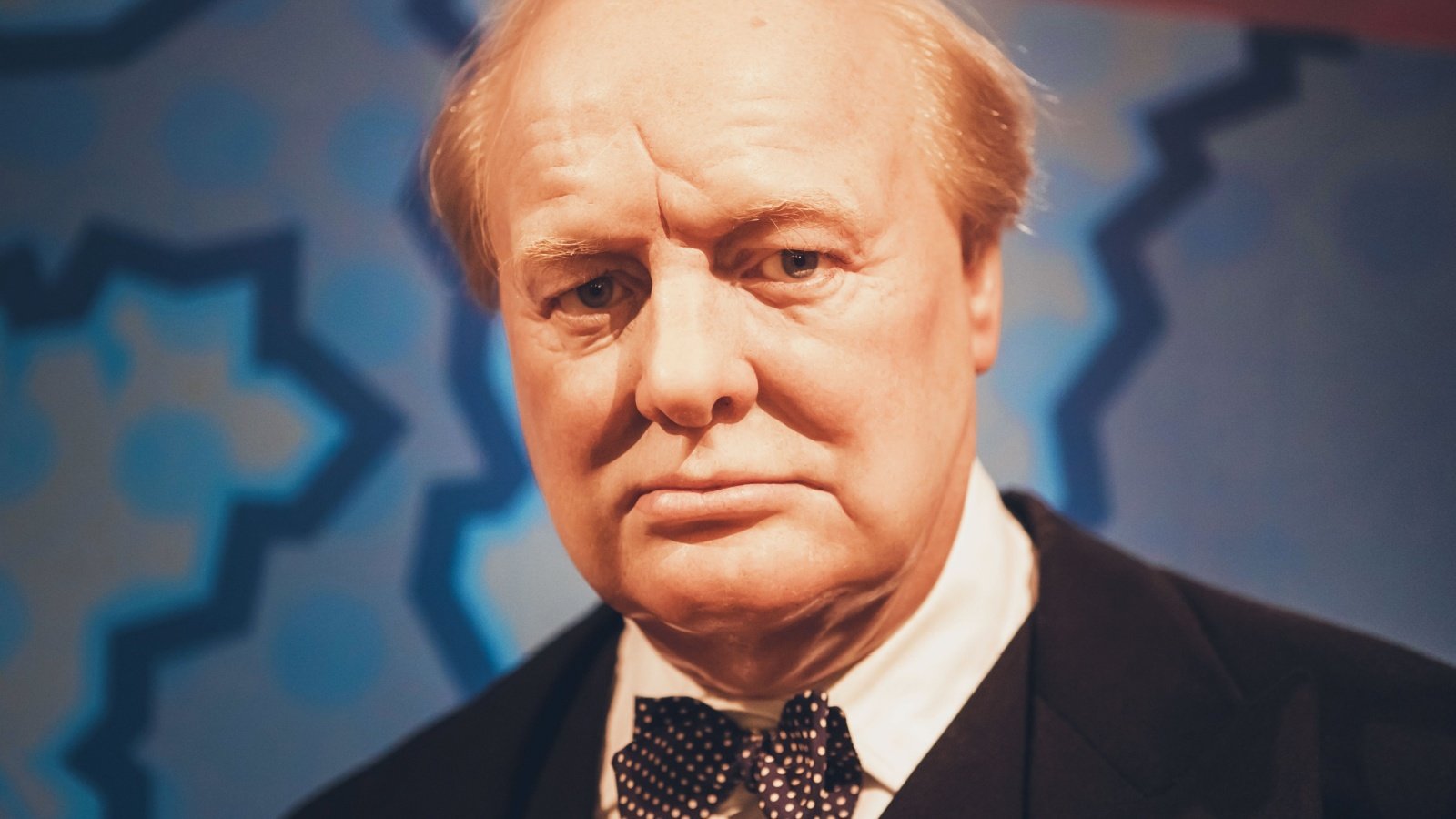
As Britain stood alone against the might of Nazi Germany, Churchill’s speech unified and inspired a beleaguered nation. He predicted the Battle of Britain would be a pivotal moment in history, where the courage of many would determine the fate of many more. His assurance that “if the British Empire and its Commonwealth last for a thousand years, men will still say, ‘This was their finest hour,'” bolstered British resolve.
Freedom or Death by Emmeline Pankhurst

Emmeline Pankhurst’s speech was a call to action, urging women to stand up for their rights with unyielding determination. Pankhurst’s fearless stance and her willingness to face imprisonment for her cause galvanized the suffragette movement.
The Tryst with Destiny by Jawaharlal Nehru

On the eve of India’s independence, Jawaharlal Nehru captured the essence of a nation’s long struggle for freedom. His speech welcomed a new era for India, promising to build a society where every man and woman would be equal. Nehru’s eloquent and poetic language elevated the hopes and dreams of millions. This speech marked the birth of the world’s largest democracy and remains a cornerstone of India’s modern identity.
Give Me Liberty or Give Me Death by Patrick Henry

In a Virginia church in 1775, Patrick Henry’s words rang out as a powerful ultimatum to the British Empire. His declaration, “Give me liberty, or give me death!” became a rallying cry for American independence. Henry’s passionate delivery and uncompromising stance encapsulated the American spirit of freedom. This speech is etched in history as a pivotal moment that helped ignite the Revolutionary War.
The Four Freedoms by Franklin D. Roosevelt
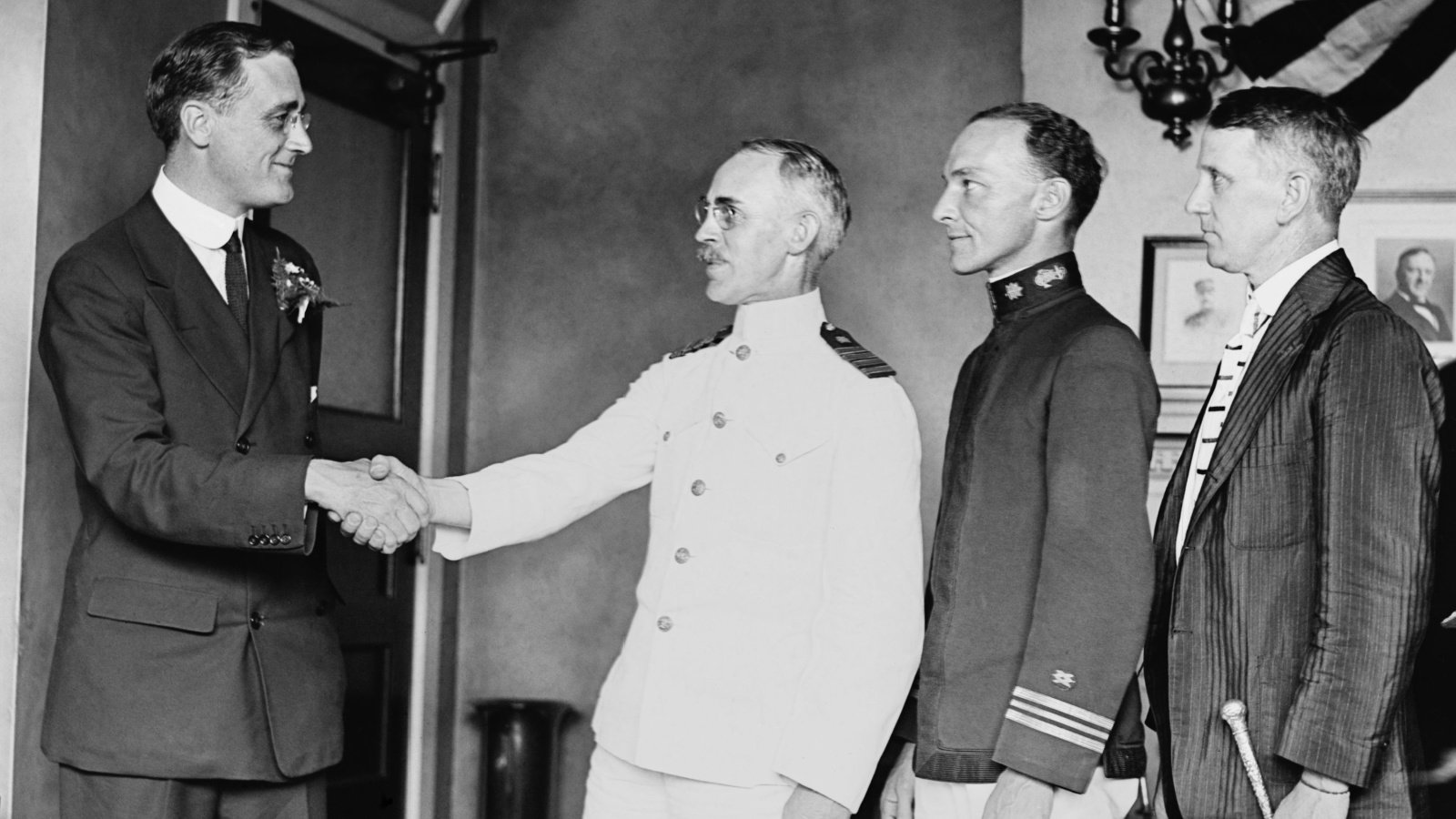
During World War II, Franklin D. Roosevelt outlined a vision for a world founded upon four essential human freedoms. His articulation of freedom of speech, freedom of worship, freedom from want, and freedom from fear set new ideals for America and its allies. Roosevelt’s call to arms was a declaration of the fundamental rights every person deserves. The Four Freedoms speech continues to inspire the fight for liberty and justice worldwide.
We Shall Fight on the Beaches by Winston Churchill

Churchill’s determination to fight against overwhelming odds was never more evident than in this speech. He prepared the British people for the long struggle ahead, vowing to fight in the fields, streets, and hills of Britain. His promise that “we shall never surrender” infused the nation with dogged perseverance. This speech epitomizes Churchill’s skill in rallying a nation with words alone.
A Time for Choosing by Ronald Reagan

Ronald Reagan’s speech, delivered during the 1964 U.S. presidential campaign, showcased his ability to communicate conservative ideals with compelling clarity. He spoke of the importance of individual freedom and the dangers of an overreaching government, setting the stage for his future presidency. Reagan’s persuasive oratory and affable style made complex political concepts accessible to the masses.
The Gettysburg Address by Abraham Lincoln
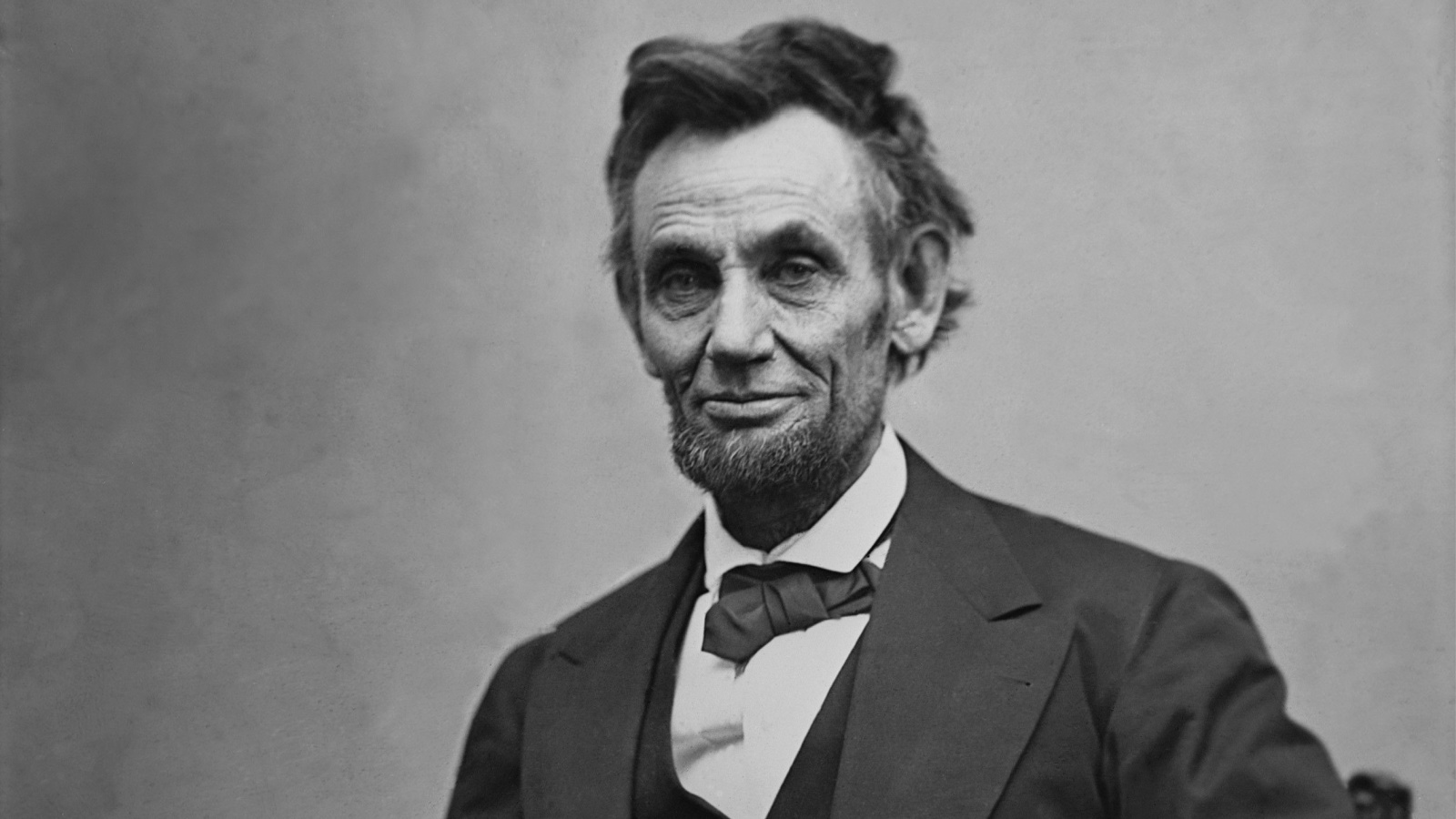
In just a few short minutes, Abraham Lincoln redefined the American Civil War as not merely a struggle for the Union, but as a new birth of freedom. His concise yet profound words at Gettysburg honored the fallen and reinvigorated the nation’s commitment to democracy. Lincoln’s ability to convey deep meaning in brevity is unmatched. The Gettysburg Address remains a masterpiece of American rhetoric, embodying the nation’s ideals and its resolve.
I Am Prepared to Die by Nelson Mandela
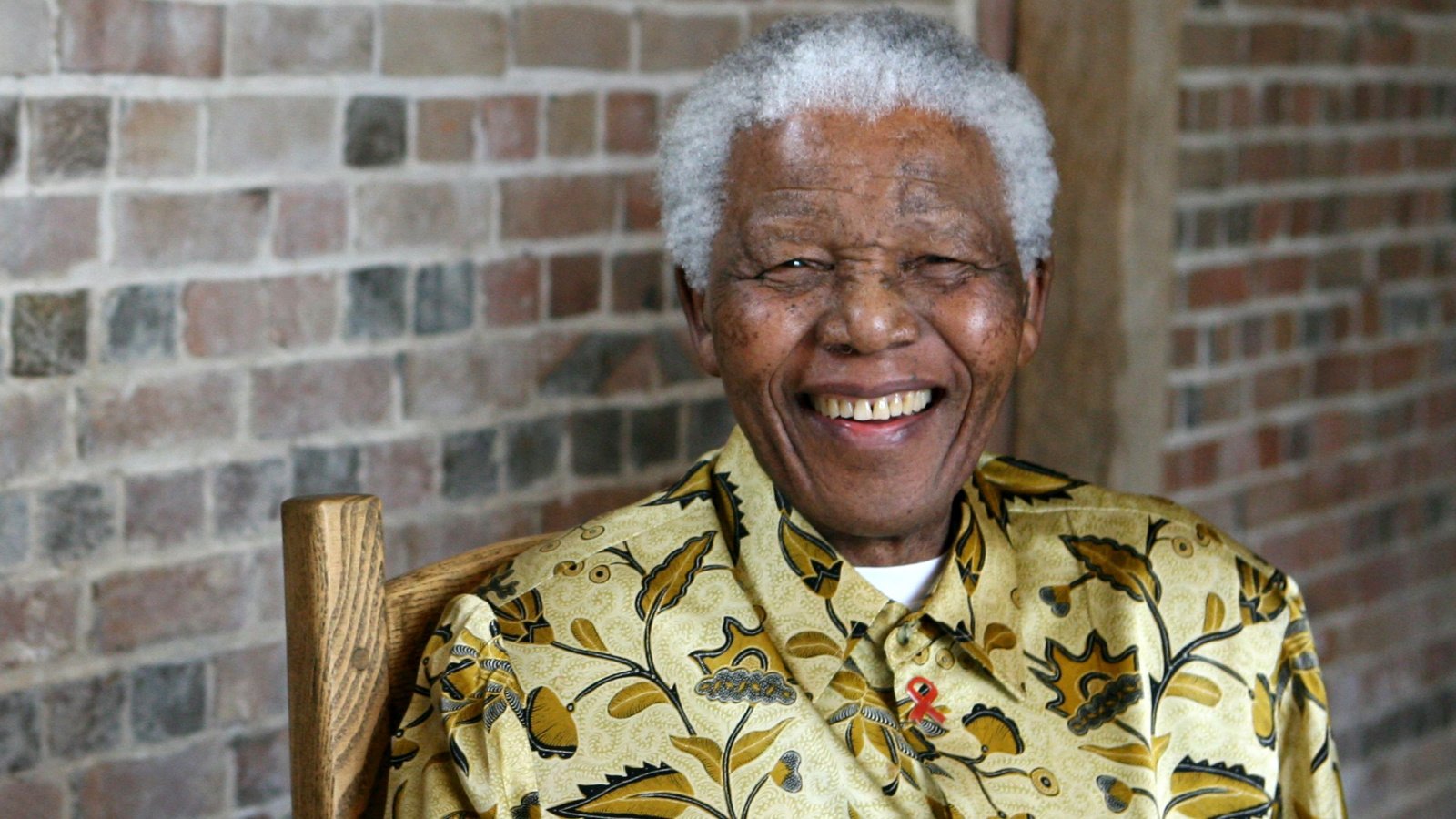
Standing in a courtroom, Nelson Mandela faced the possibility of the death penalty with extraordinary courage. His speech outlined his commitment to democracy, freedom, and equality, regardless of the personal cost. Mandela’s resolve in the face of injustice made him a symbol of the anti-apartheid struggle. His words and the dignity with which he spoke them echo as a testament to his unwavering dedication to his country’s liberation.
Tear Down This Wall by Ronald Reagan
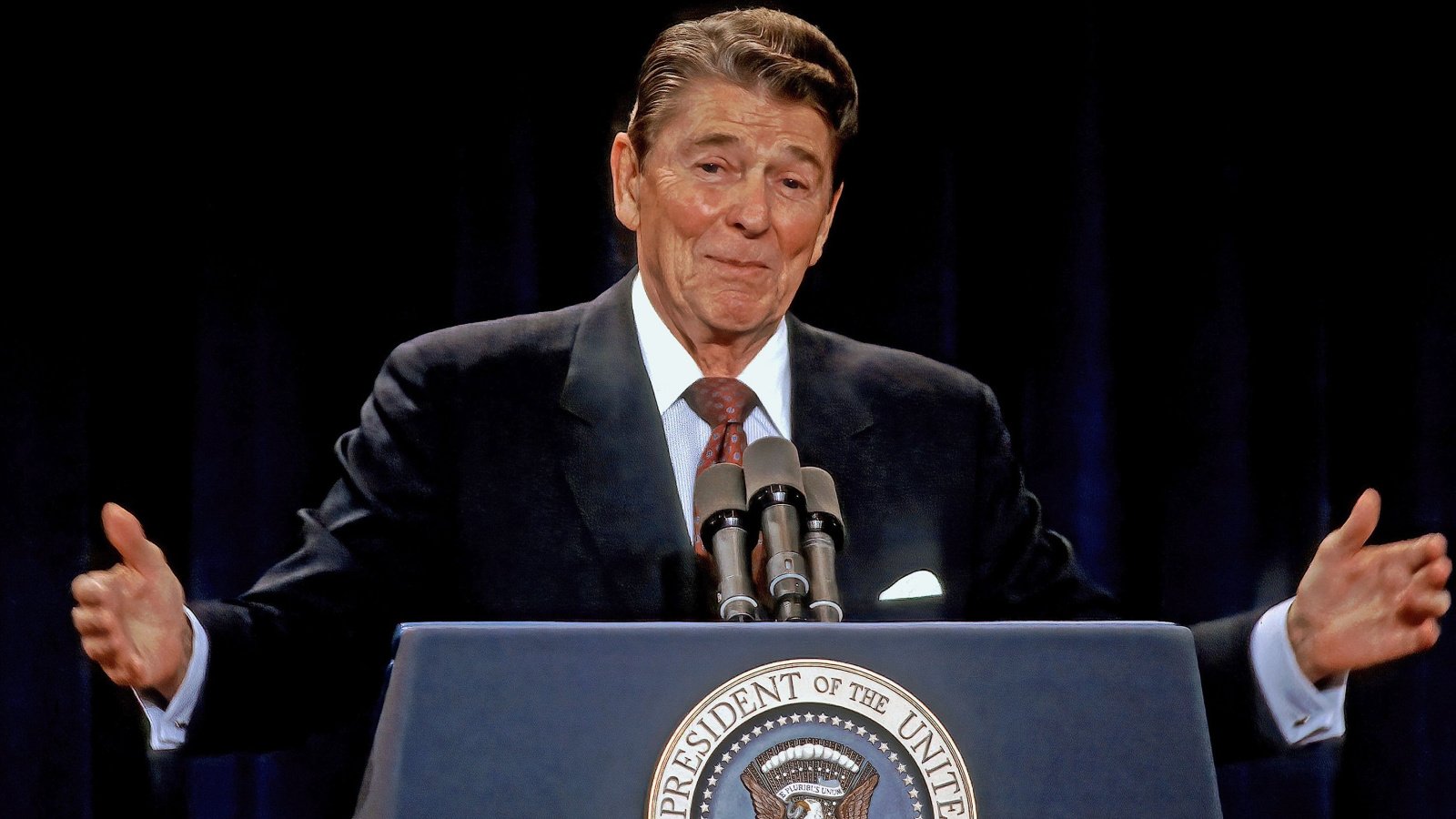
In front of the Brandenburg Gate, Ronald Reagan challenged Mikhail Gorbachev to “tear down this wall,” referring to the Berlin Wall. His bold demand symbolized the West’s stand against communism and the longing for a united Berlin. Reagan’s ability to confront global issues with direct and memorable phrases made this one of the most iconic speeches of the Cold War.
The Atlanta Compromise by Booker T. Washington

In 1895, Booker T. Washington delivered a speech that would become known as the Atlanta Compromise, advocating for racial progress through education and economic cooperation rather than confrontation. His pragmatic approach to race relations was both praised and criticized, sparking a national conversation. Washington’s emphasis on self-help and solidarity offered a different path forward for African Americans.
The Power of Nonviolence by Mahatma Gandhi
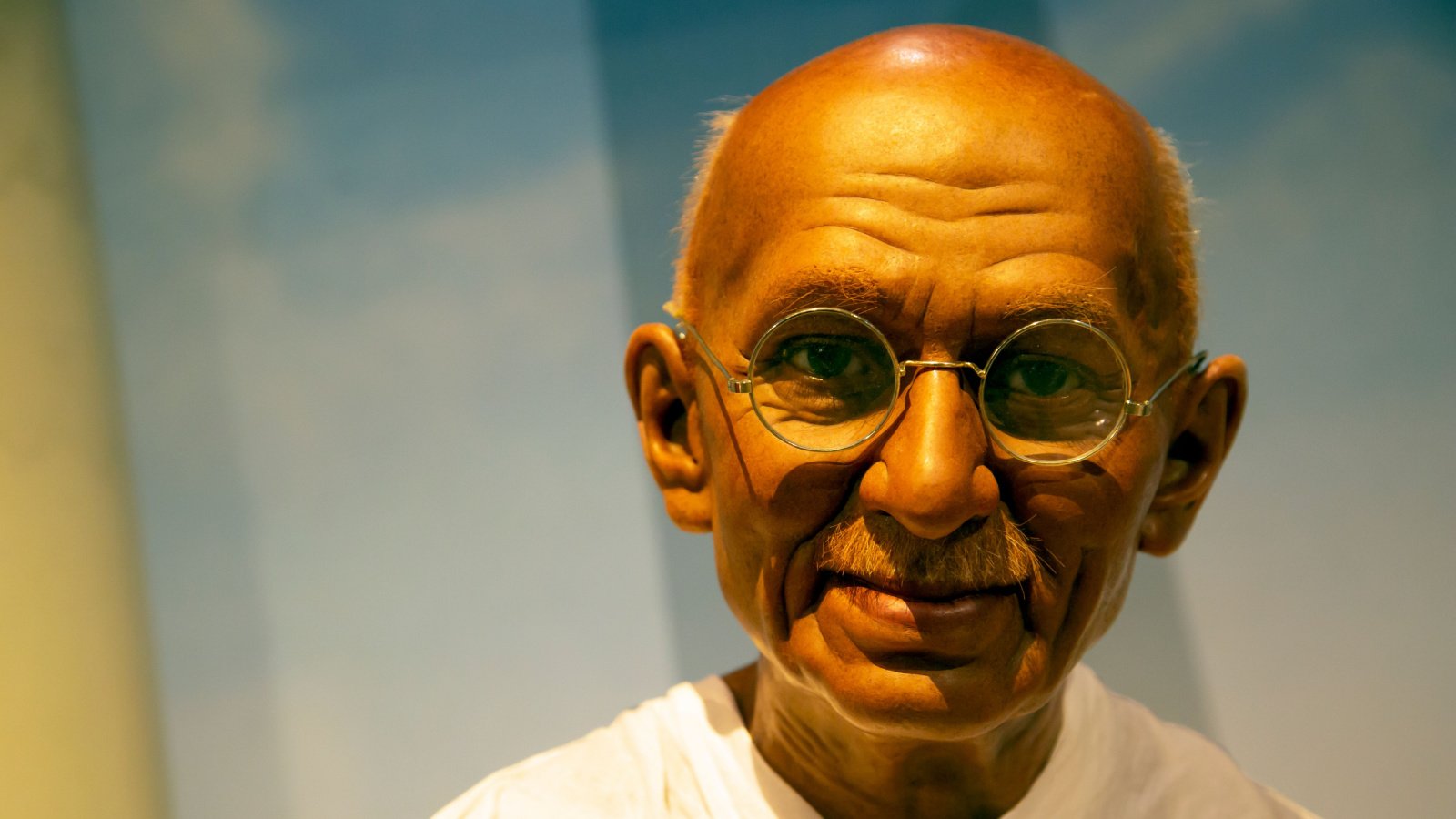
Gandhi’s philosophy of nonviolent resistance, or Satyagraha, was at the heart of his speech advocating for India’s independence from British rule. He inspired millions to engage in peaceful protest, emphasizing the moral high ground over violent confrontation. Gandhi’s words and actions played a crucial role in India’s struggle for freedom, showcasing the strength of nonviolence. His legacy of peace and resistance continues to influence global movements.
The Future Belongs to the Discontented by Robert F. Kennedy
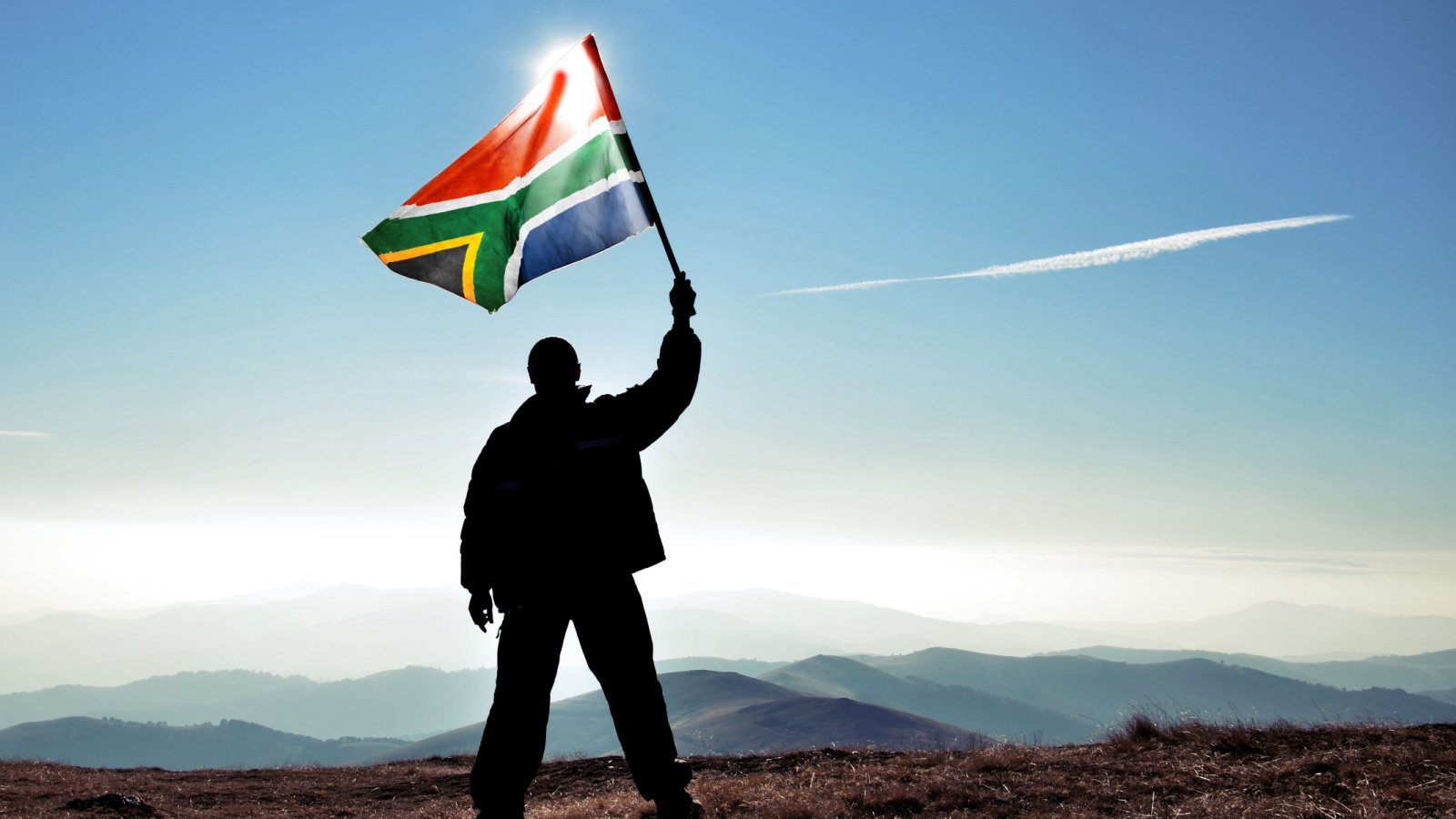
Robert F. Kennedy’s speech in South Africa amidst the apartheid regime was a powerful message against racial injustice. He spoke of a future shaped by those “discontented” with the status quo, advocating for equality and justice. Kennedy’s ability to connect with diverse audiences and his call for moral courage inspired a generation.
The Silent Majority by Richard Nixon
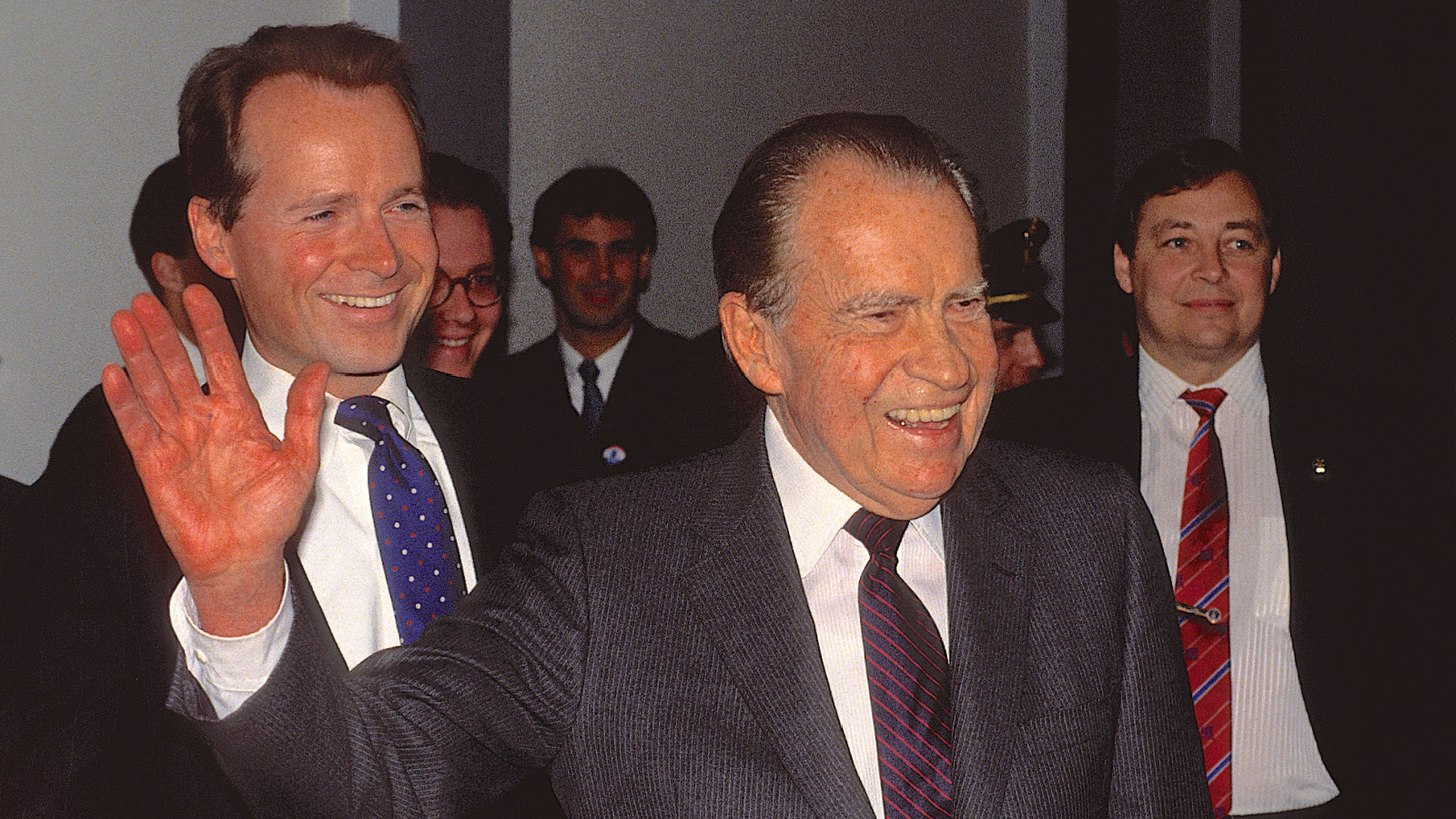
Addressing a nation deeply divided by the Vietnam War, Richard Nixon appealed to the “silent majority” of Americans who he believed supported his policies. His speech sought to unite the country under a common cause, emphasizing peace with honor. Nixon’s persuasive tactics and his appeal to a broad section of America showcased his political acumen. The phrase “silent majority” has since become a significant political term.
Women’s Rights Are Human Rights by Hillary Clinton
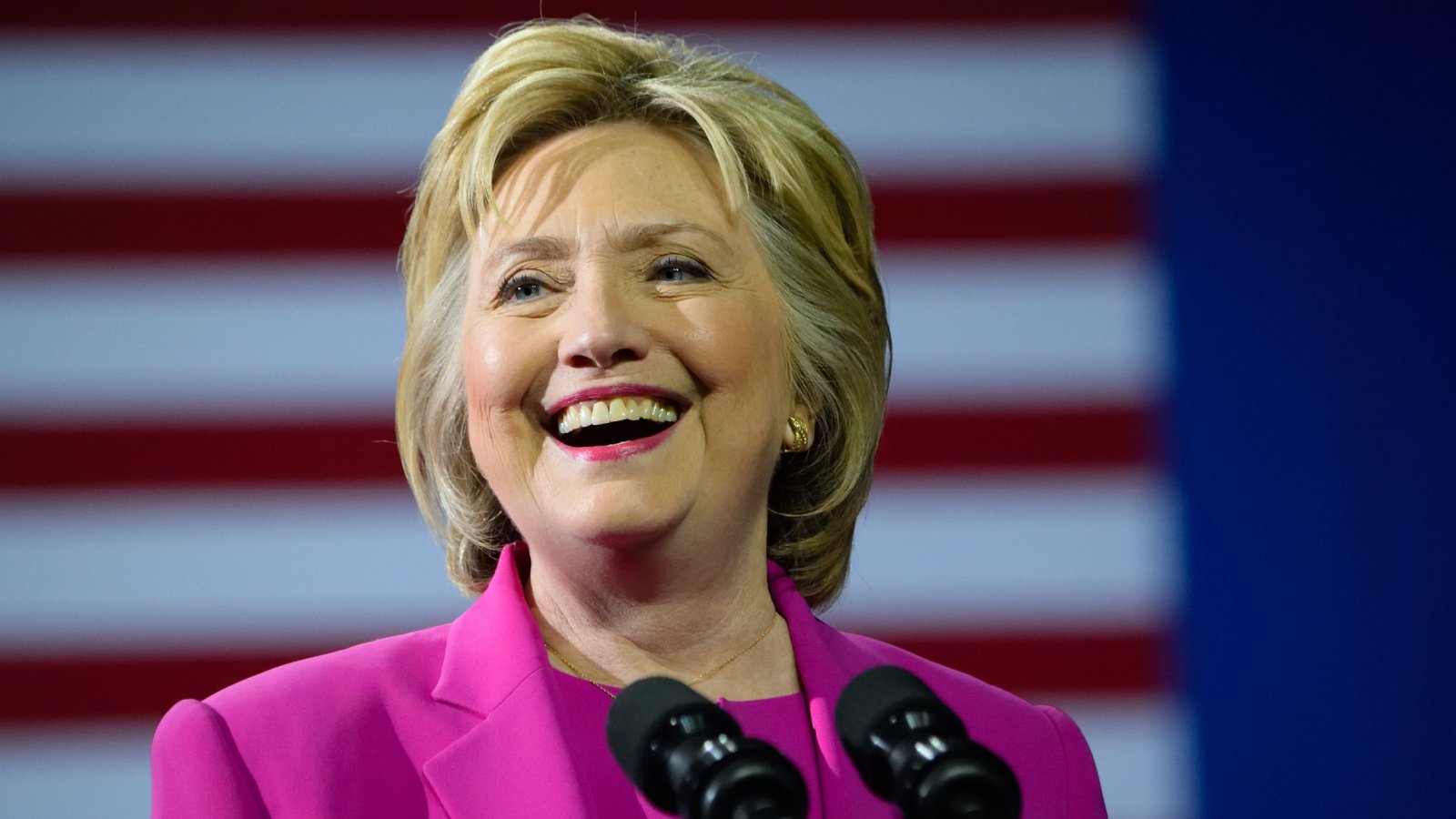
At the 1995 United Nations Fourth World Conference on Women in Beijing, Hillary Clinton declared that “women’s rights are human rights,” challenging global leaders to recognize gender equality as a fundamental human right. Her speech catalyzed a global movement and redefined the conversation around women’s rights.
The New Frontier by John F. Kennedy

Kennedy’s acceptance speech at the Democratic National Convention laid out his vision for America, dubbed “The New Frontier.” He spoke of conquering new challenges—ranging from space exploration to social inequality—with boldness and innovation. Kennedy’s charismatic delivery and forward-thinking ideas captivated the nation, setting the tone for his presidency.



